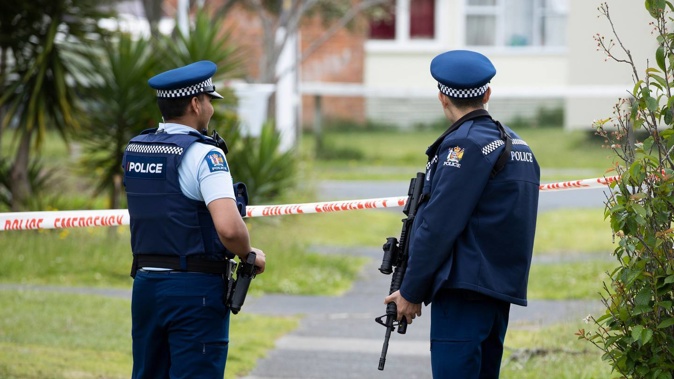
Data shows the rate of post-traumatic stress disorder (PTSD) among New Zealand Police is sky-high, with a survey showing almost half of respondents had signs of the disorder.
A study by Arizona State University focused on more than 4000 members of the NZ Police Association – both serving and retired officers, and found shockingly high rates of distress.
Approximately 43 per cent of survey respondents identified themselves as experiencing probable post-traumatic stress and approximately 14 per cent identified themselves as having clinically relevant, post-traumatic stress.
For comparison, just 3 per cent of the general population of New Zealand is considered to have PTSD - meaning police are punching significantly above their weight.
It argues greater recognition of the trauma facing police could lead to better psychological outcomes for officers - which is exactly what retired police officer Allister Rose is seeking to do.
Rose, a decorated former NZ Police officer, developed PTSD after being involved in a police shooting in 2007.
Following the event, Rose began to experience the hallmark signs of PTSD.
"I realised I couldn't be stressed anymore, because when I got stressed, the anxiety would come in, the depression would come in, the self-loathing would come in, the suicidal ideation would come in."
Rose told the Herald he hid his distress behind black humour, and would find himself shying away from aggressive or confrontational situations - coping mechanisms which were sadly misinterpreted by his employers.
He was accused of not taking his job seriously, and of laziness - rather than receiving mental health support, Rose says he was taken down the employee relations route.
After 15 years as a police officer, Rose says he knew he had to resign - a hard decision to make.
"It's hard to leave, particularly if you've been there a long time. You've become unconnected with other types of work that might be out there - there's a long process of trying to decide what on earth you can do when you leave. What worth am I to society now? And doubling that with clinical symptoms of PTSD like I had, it's a hard road to roam."
Now, 15 years on and four years after his PTSD diagnosis, Rose has founded the Blue Hope Foundation - a charity which aims to decrease the sky-high rates of PTSD and suicide among police by making sure police are aware of their rights to health and safety.
"Our vision is, we safeguard the rights, health and safety of blue whanau."
He says there is a misconception among police that ACC is not for them, due to the high-risk nature of the job - but now there is quantifiable data on the number of officers with PTSD, he hopes those statistics will decline.
Already, he says the Foundation is making waves.
"There is a tremendous uptake - there is a huge swell of support from serving and retired police. It's a problem that hasn't been properly addressed until now and I find myself in a position to be able to drive this forward with my health and safety expertise and my police expertise."
Rose says the solution is simple, on the face of it.
"We need to talk about it. It's a hard subject to talk about openly and we need support - we need support groups and we need support from ACC. Everything is already there, we're not a backward country - there just seems to be a reluctance to crack on and get it dealt with.'
The NZ Herald has contacted the NZ Police and ACC for comment.
Take your Radio, Podcasts and Music with you









